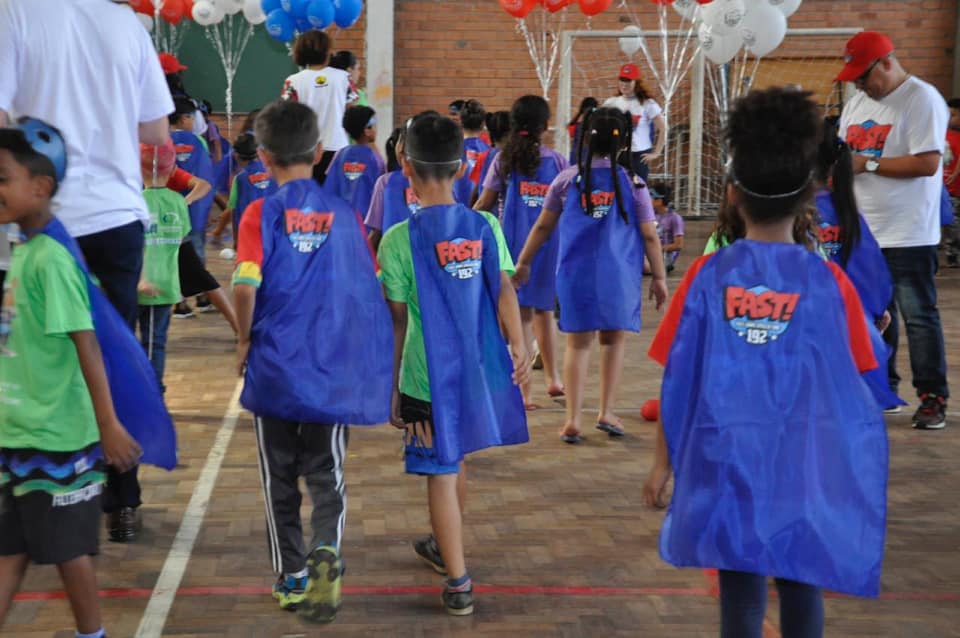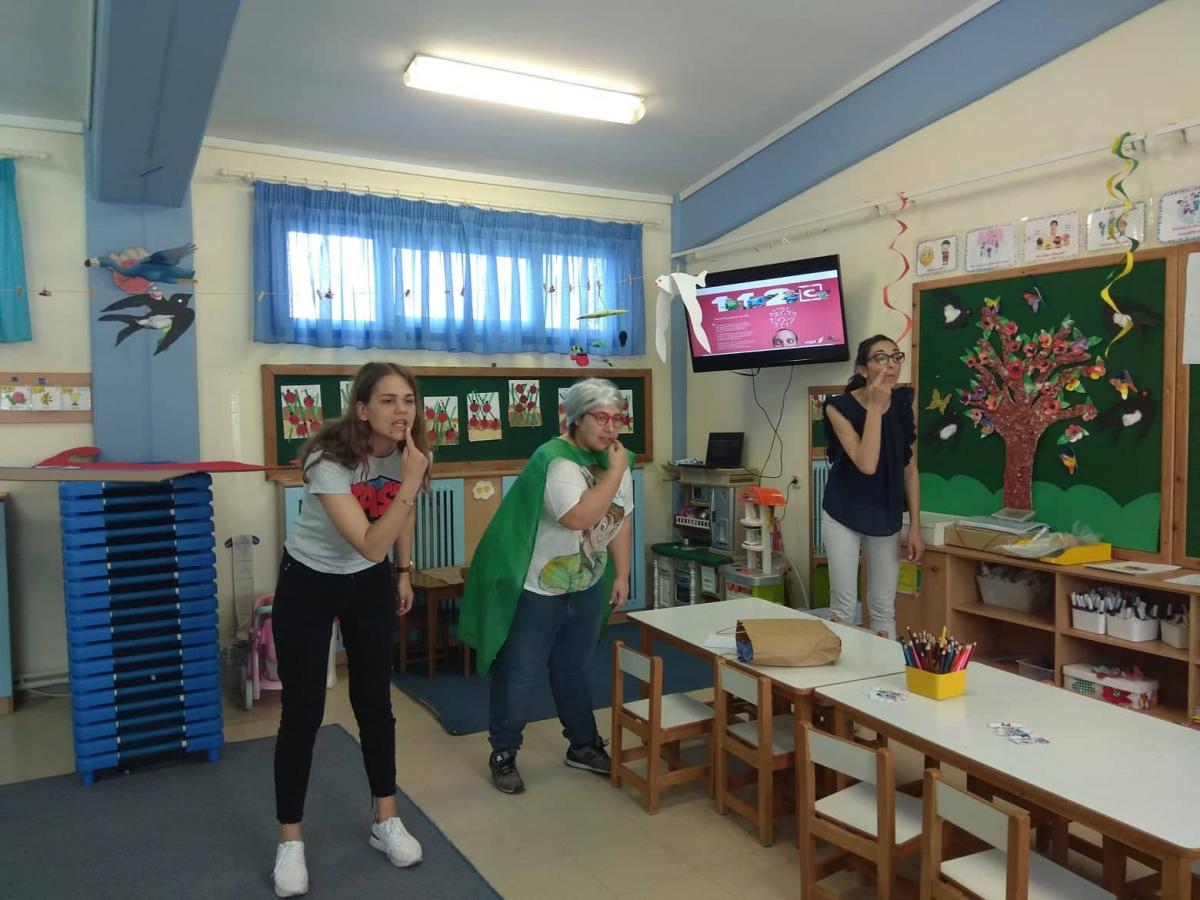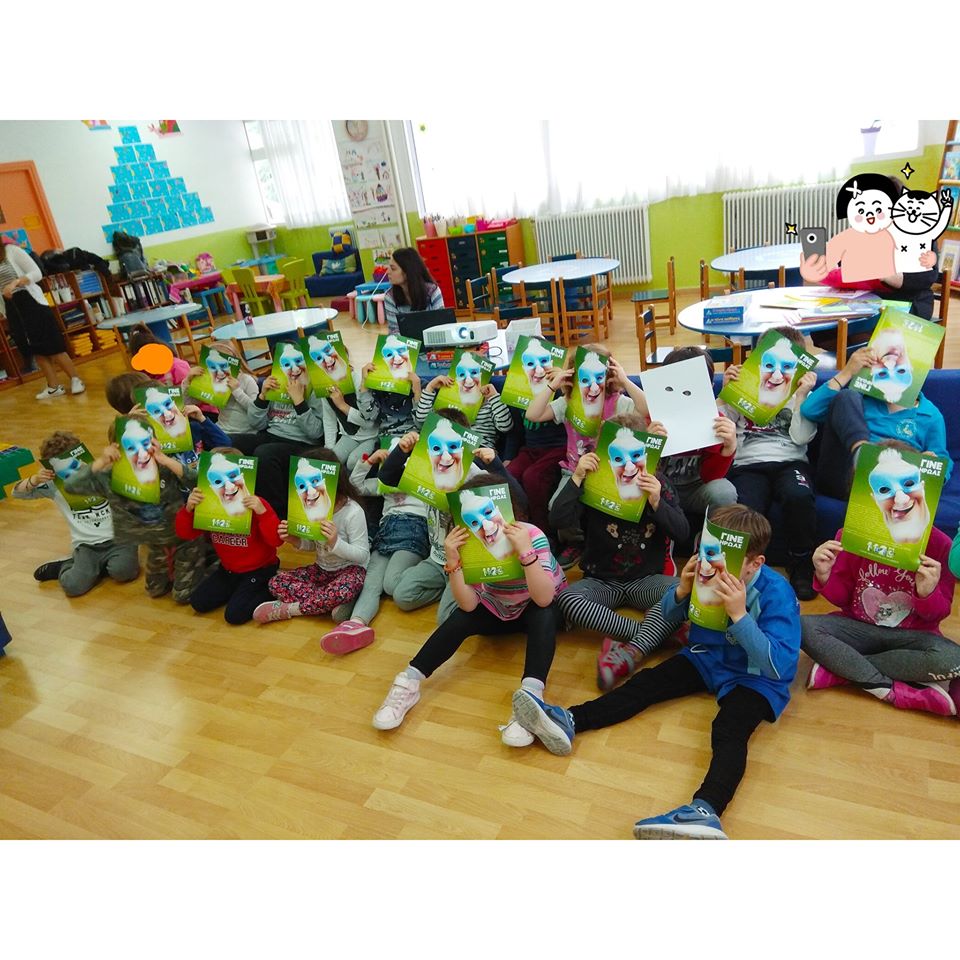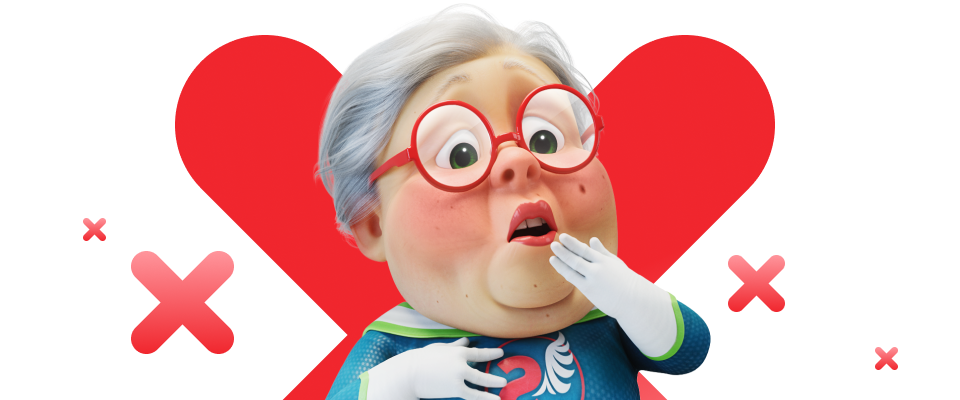RECRUITING SUPERHEROES
According to the World Stroke Organization, 1 in 4 of us will suffer a stroke in our lives. The WSO also tells us that stroke is treatable. In many countries this is not a reality yet as very few patients arrive at a hospital that could provide them with the correct treatment and even fewer patients arrive on time for treatments that could help them survive the stroke and walk out of the hospital on their own accord.
In the past three years the Angels Initiative has worked hard at making sure that more “Stroke Ready Hospitals” are available so that patients have access to the care the deserve. We are also working hard on making sure that ambulances only deliver stroke patients to those hospitals and when they do, that those hospitals can offer the most appropriate treatments in the most efficient way.
The patients often don’t see their symptoms as serious enough to call an ambulance though, and in many cases ask for help first from friends, family members or general practitioners and are often not advised to call an ambulance.
We have to solve two problems then:
- Improve the recognition of the most common symptoms of stroke
- Teach the general population that stroke is an emergency and that if these symptoms appear they should call an ambulance rather than seek for help elsewhere.
To do this is not an easy task by any means. Consider for a moment that the average age of stroke patients is 70 years of age. This population does not spend all their time on social media or reading medical blogs. We also know that we cannot only educate them as their first reaction is to ask for help, so we also must educate their friends and family members who they may go to when stroke strikes.
When trying to figure out how to solve this problem we came across some socio-demographical data that showed that up to 50% of the age group we are trying to educate look after their grandchildren at least a couple of times a week. This may be due to both parents working, or due to the multiple generation households that they very often live in. This gave us an idea.
What if we use the grandchildren to serve as the vehicle through which we educate the grandparents and their friends and family. We looked at the houses of grandparents and realized that they very often have pictures and paintings from the grandchildren on their walls. These may be the ugliest finger painting ever, but they have a place on the wall because they are sentimental. That made us think, could we perhaps use this and get the kids to give their grandparents a gift that could educate them about stroke, and will do so for a longer time as it will be amongst the other pictures on the wall.
Targeting the parents was easier as all we needed to do was find a way for the kids to engage their families by getting them to go to a website or by bringing things home that they learned at school.
The FAST Heroes program, recently endorsed by WSO, aims to address this through an animated character-based education program with a central character, Timmy, who becomes a FAST Hero by learning how to beat the Evil Clot and save his Grandhero’s life.

Developed in partnership with The Department of Educational and Social Policy of the University of Macedonia, the program is a school-based campaign aimed at kids 5-8 years old and consists of a wide range of activities revolving around four superheroes. Spread over a period of 5 weeks, these activities will teach them to recognize some of the main stroke symptoms and appreciate the importance of calling an ambulance on 995 if stroke is suspected.
The kids are given the mission of educating at least two Grandheroes. Every week for 5 weeks the kids personalize an educational message card for their two Grandheroes and this is mailed to them at the end of the program. When the Grandheroes receive them, they are asked to display them on the wall or fridge alongside all the other pictures they already have.
To educate the rest of the family, the kids will be given posters for their bedrooms and mask for them to play with at home. We want our FAST heroes to be visible in the houses and encourage the parents to join in on the fun by asking them to go online once a week to watch the videos, answer some questions and help the kids complete their mission.
The program was piloted in kindergartens in Greece and the results from our first implementations revealed lots of happy kids, proud grandparents and parents with significantly improved stroke knowledge.

Resources for use in class are age appropriate and include learning materials such as short film animations, classroom activities, a FAST Heroes song and take-home materials to literally hit the message home. All in all, the program provides families with tools with a dual role, to help spend quality time together as a family, and by doing so, transfer the knowledge about stroke through incidental learning.
One of the key appeals of this program is the ease in which any individual can participate. Perhaps you are a doctor or nurse who works in a stroke ready hospital and wants to reach out to the community to get more patients to come to the right hospitals, in time for treatment. Alternatively, you may know of an ambulance member who has experience in reaching out to schools, or perhaps you know a parent with some time on your hands or even a stroke survivor who is associated with a Stroke Patient Support Organization, anyone can become a FAST Heroes Ambassador.
All you have to do is go to the website at www.fastheroes.com and register yourself as a FAST Heroes Ambassador. The team will provide you with everything you need to implement in your school/s including the material used in class, a website for the parents to take part in and even some training materials and support to get you going. We don’t just want to implement the campaign in one school or on one day though we want this to become part of their annual curriculum, so we are also working on providing you with ideas of how to make the campaign sustainable from a financial point of view through merchandising, fundraising etc.
Today the FAST Heroes materials are available localized (emergency number and language) for Russia, Latvia, Slovakia, Hungary, Bulgaria, Greece, Italy, Spain, Portugal, Germany, Brazil, Canada, Iceland, South Africa, Singapore and Taiwan. As interest grows we hope to also expand our coverage.
At the Angels Initiative we believe in empowering people to do whatever they do better, now and into the future. Just like we offer tools to help you improve your door-to-treatment times or your proficiency at reading a CT scan, the FAST Heroes campaign is our solution that we offer you to address the problem of community stroke awareness.
Together we can change the world – One Grandhero at a time.







